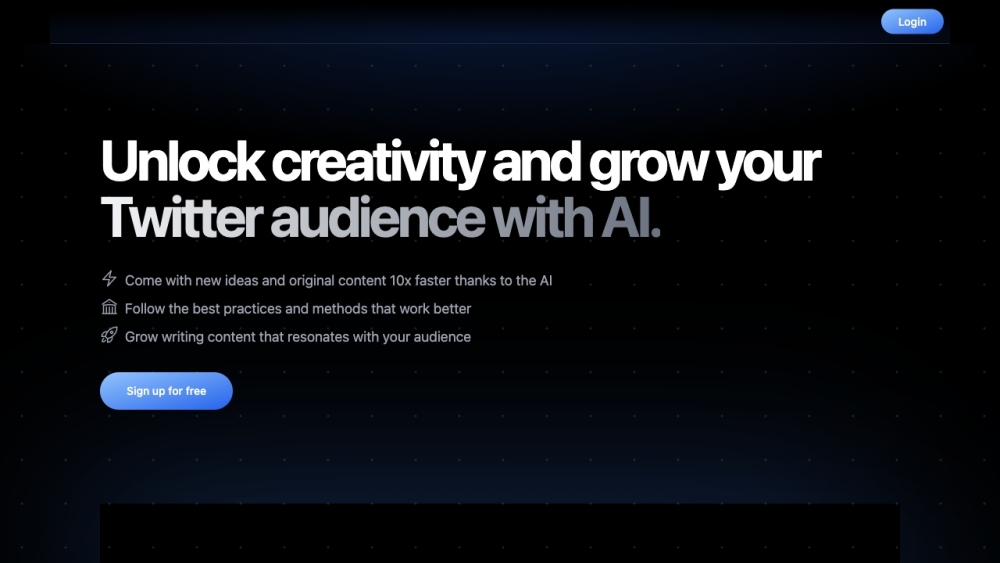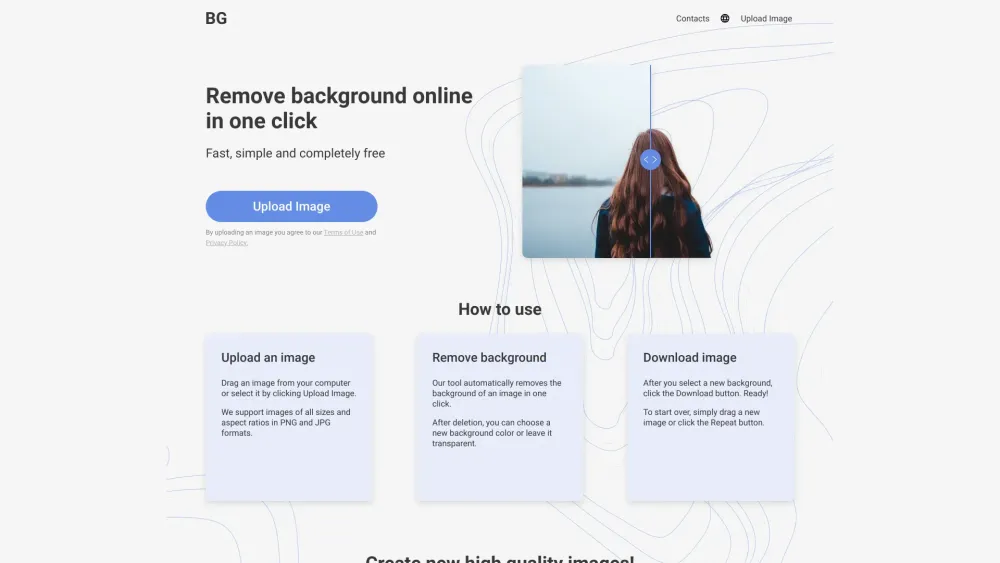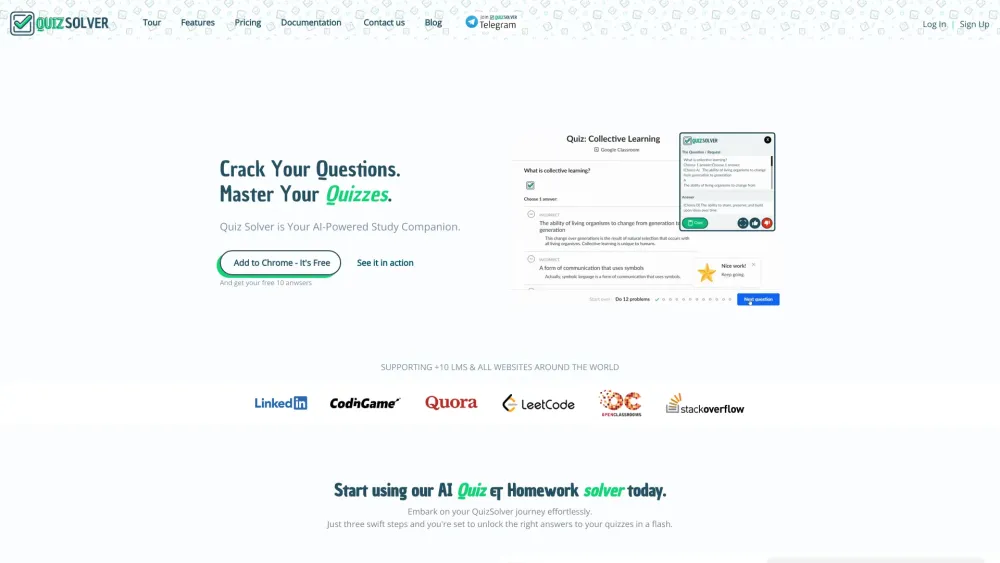Generative AI has ignited a wave of copyright debates. Recently, prominent authors like George R.R. Martin, supported by the Authors Guild, filed a lawsuit against OpenAI. They claim that the well-known AI chatbot, ChatGPT, was trained on their original works without their consent or knowledge.
This issue isn't limited to OpenAI. At Disrupt 2023, Anastasis Germanidis, co-founder of Runway — a company creating generative AI tools for video — stated that they are “still exploring” the best practices for training AI models using artists’ and creators’ works.
“We’re collaborating closely with artists to determine effective approaches to address this,” Germanidis said. “We’re considering various data partnerships to foster growth and develop the next generation of models.”
Runway, like numerous other generative AI startups, does not disclose the precise sources of the data used to train its models, such as Gen-2, which creates videos from text prompts. According to an academic paper on Gen-2's structure, Runway reveals it was trained on an internal dataset comprising 240 million images and 6.4 million video clips.
There is a possibility that some of this data may be copyrighted, which could pose significant legal challenges for Runway in the future.
Over the past year, artists have brought lawsuits against Stability AI, Midjourney, and DeviantArt, alleging that the models developed by these companies infringe on their copyrights by utilizing their works for training and generating outputs in their styles. In a separate case, Getty Images has sued Stability AI, asserting that the company unlawfully replicated and processed millions of images and associated metadata owned by Getty in the U.K.
Some generative AI developers contend that fair use doctrine may protect them, particularly in the United States. However, this complex issue is likely to remain unresolved for the foreseeable future.
To mitigate potential legal disputes, several generative AI companies, including Stability AI, have introduced options for artists to opt out of model training. OpenAI recently established a channel for creators to specify that their artwork cannot be used for future model training. Some companies are even initiating communal funds to share a portion of the revenue generated by their AI models with the artists whose data informed the training process.
Currently, Runway does not offer an opt-out mechanism or contributor fund. Still, Germanidis indicated that the company is considering these options.
“I believe that our creative background has been crucial to how we've built this company and how we aim to advance this technology,” Germanidis expressed. “[We want] artists to feel that these products and tools serve their interests.”
What about the opposite aspect of the copyright conversation — the copyrightability of AI-generated works? The question remains whether generative AI outputs can be copyrighted. The U.S. Copyright Office has recently begun seeking input on generative AI and intellectual property issues, but judicial rulings have yet to provide definitive answers.
Germanidis maintains that content created with Runway can be copyrighted. While he did not guarantee a policy similar to Microsoft’s, which covers copyright-related legal expenses for its AI service users, he asserted that Runway would defend its customers if necessary.
“We’re prepared to adapt to any regulatory changes,” he stated, “but artists should feel assured using our platform. We fully support the content they produce, and it belongs to them.”




